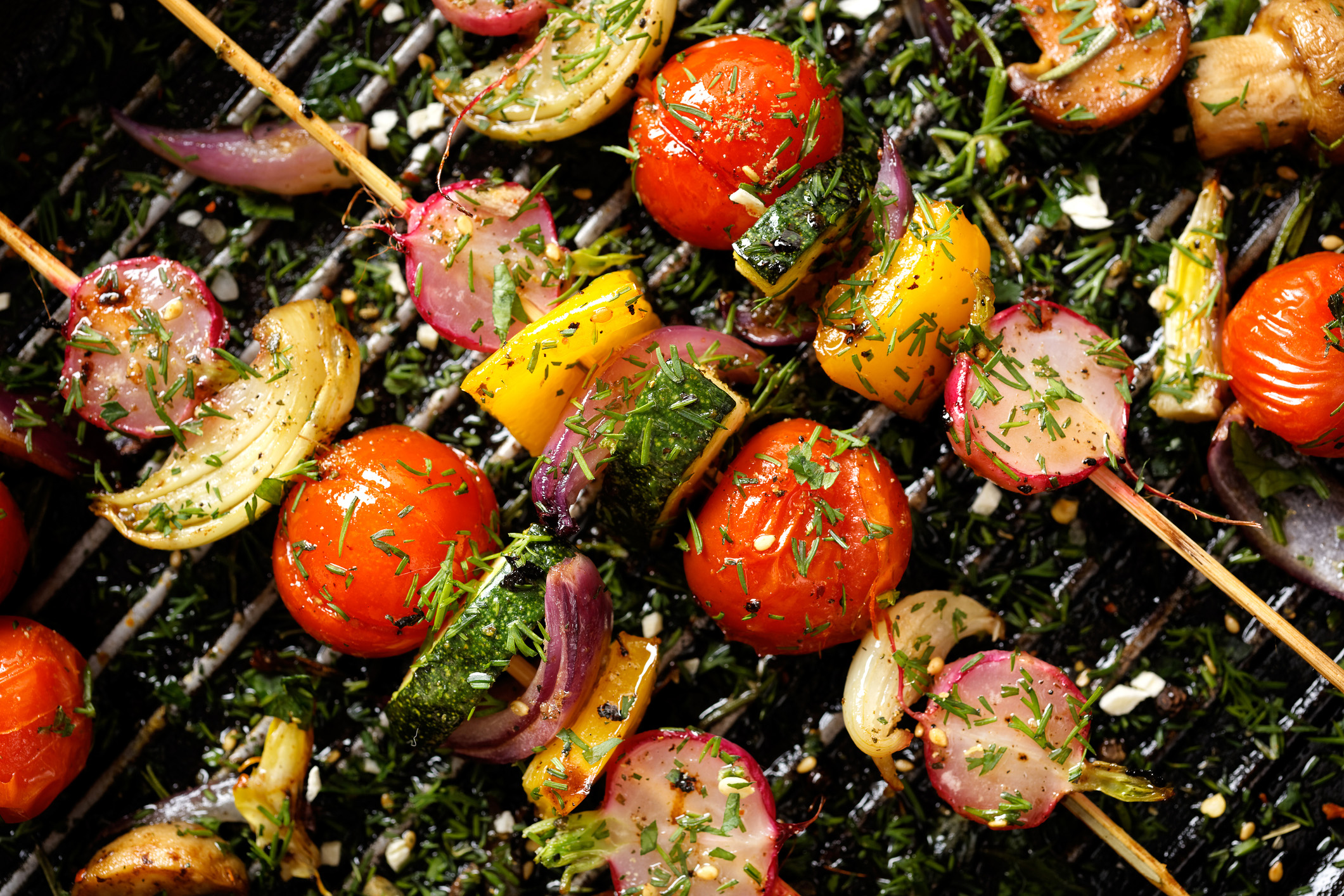While there are sure to be a few more cool, wet days in the April forecast, Spring Fever has many people itching to get back outdoors to dig in the garden, spruce up their curb appeal and of course, prepare for grilling season. But not all backyard barbecue foods are healthy and there are a few things to consider before firing up the BBQ.
A recent large-scale study by the Harvard T. H. Chan School of Public Health found that participants who grilled, broiled or roasted red meat, chicken or fish more than 15 times per month increased their risk for developing high blood pressure by 17 per cent. None of the more than 100,000 people in the study had high blood pressure, diabetes, heart disease or cancer when they enrolled. And for those who preferred their meat well done, the risk was 15 per cent higher; believed to be a result of consuming greater amounts of heterocyclic amines(HCAs), the chemical formed by charring meat at high temperatures.
According to the National Cancer Institute, studies have shown that exposure to HCAs and polycyclic aromatic hydrocarbons (PAHs) formed during grilling of meat over an open flame can cause cancer in animals and researchers have linked high consumption of well done, fried or barbecued meats with an increased risk for colorectal, pancreatic and prostate cancer.
Safer Grilling Practices
You can reduce the chances of carcinogen formation on grilled meat by choosing lean cuts and trimming off any fat to prevent flame flare ups and smoke. Marinating meat for at least 30 minutes prior to cooking can also act as a barrier between the meat and any carcinogens. The American Institute for Cancer Research recommends skipping preserved meats like hot dogs and sausages but recommends fish as a good choice because it cook quickly, reducing the exposure to smoke and flames. You can also turn the grill to a lower setting, minimizing the chance for charring or burning and cooking meat (or vegetables) on aluminum foil to protect food from smoke and flames. Finally, clean your grill thoroughly after each use to remove any harmful residue that could transfer to food with the next use.
To learn more about the cancer risks associated with meat cooked at high temperature, follow this link to the National Cancer Institute website. To read about how high-temperature cooking affects blood pressure, click here to visit the Science Daily website.






Add Your Voice
0 Comments
Join the Discussion